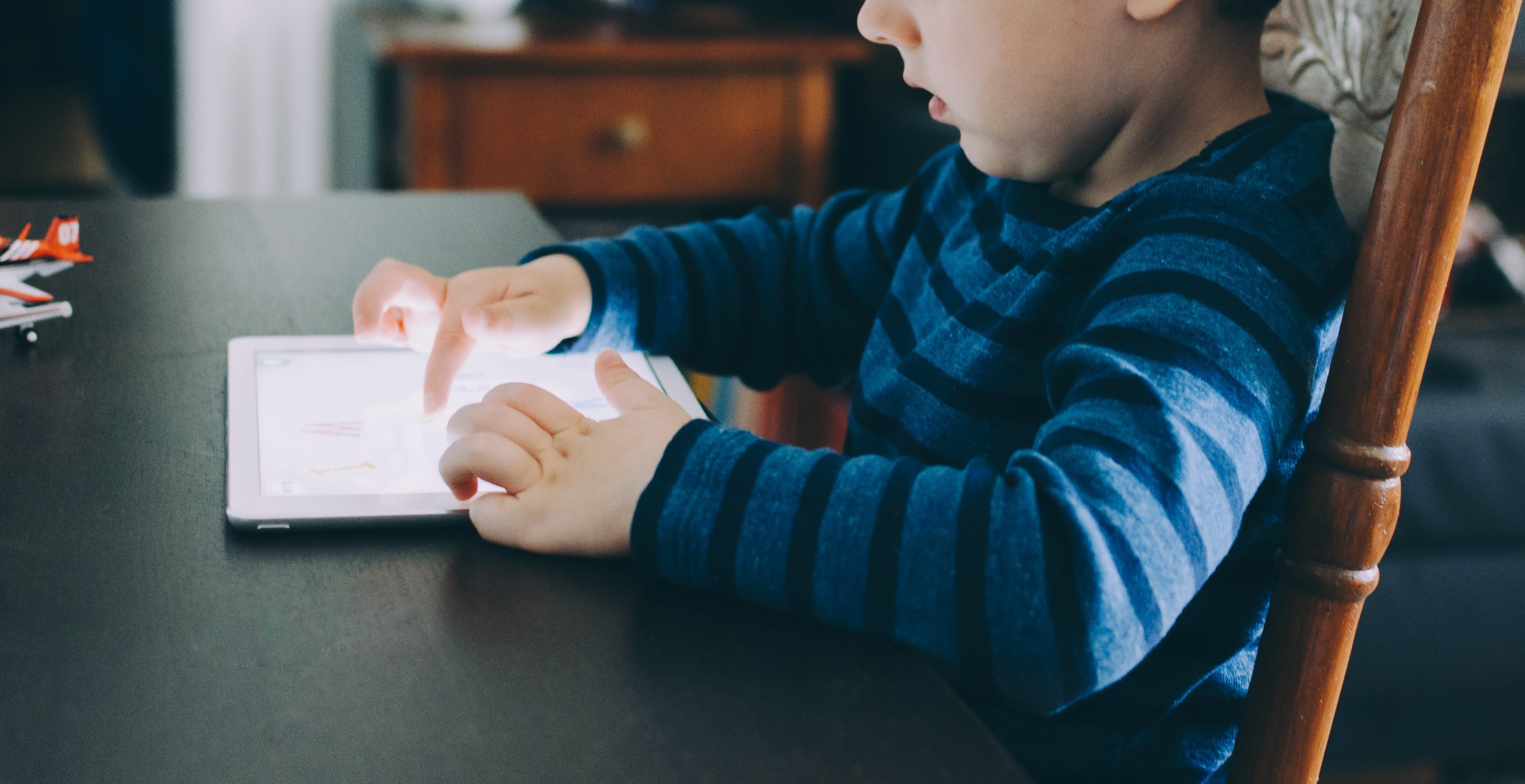Over the past year, the company has removed at 11 of the 17 most downloaded parental control apps from the App Store, according to data from The New York Times and Sensor Tower.
Apple has also removed a number of lesser-known parental control apps from the App Store without comment or context; developers were given no warning for the ban. The good news is that it still retained a few good ones like Bark and the Aura protection app.
According to The New York Times, Apple even forced companies to remove features from applications that allowed users to control other devices – for example, their children’s apps – or applications that blocked access to particular content, like adult material on kid’s iPads.
In other cases, the company simply removed the apps from the App Store altogether.
Removed out of the blue
One developer told The New York Times that his app was removed from the App Store “out of the blue with no warning,” and as such the company has received a number of complaints filed both to the European Union’s competition office and Russian cybersecurity firm Kaspersky Lab over anti-competitive behavior, limiting developers from earning a living.
When questioned by The New York Times, an Apple spokeswoman said that Apple treats “all apps the same,” and that the apps featured in the report “could gain too much information from users’ devices,” which was why they were rejected from the App Store.
Phil Schiller weighs in
Following this, popular Apple news website MacRumors spoke to Phil Schiller, and he said that “over the last year, we became aware that some parental management apps were using a technology called Mobile Device Management or “MDM” and installing an MDM Profile as a method to limit and control the use of these devices.
“MDM is a technology that gives one party access to and control over many devices, it was meant to be used by a company on its own mobile devices as a management tool, where that company has a right to all of the data and use of the devices.
“The MDM technology is not intended to enable a developer to have access to and control over consumers’ data and devices, but the apps we removed from the store did just that. No one, except you, should have unrestricted access to manage your child’s device, know their location, track their app use, control their mail accounts, web surfing, camera use, network access, and even remotely erase their devices.
“Further, security research has shown that there is a risk that MDM profiles could be used as a technology for hacker attacks by assisting them in installing apps for malicious purposes on users’ devices.”
Apple defends its decision
Since then, Apple has made a public statement on the ongoing row, telling users that “parents shouldn’t have to trade their fears of their children’s device usage for risks to privacy and security, and the App Store should not be a platform to force this choice. No one, except you, should have unrestricted access to manage your child’s device.”
“This isn’t a matter of competition. It’s a matter of security”
The company added: “When we found out about these guideline violations, we communicated these violations to the app developers, giving them 30 days to submit an updated app to avoid availability interruption in the App Store. Several developers released updates to bring their apps in line with these policies. Those that didn’t were removed from the App Store.”
What do you think? Is Apple right to block such apps from the App Store, or is it stunting the growth of hard-working developers trying to implement new features for parents? Let us know on Twitter using @AppleMagazine, and check back soon for more on Apple, every day of the week.











